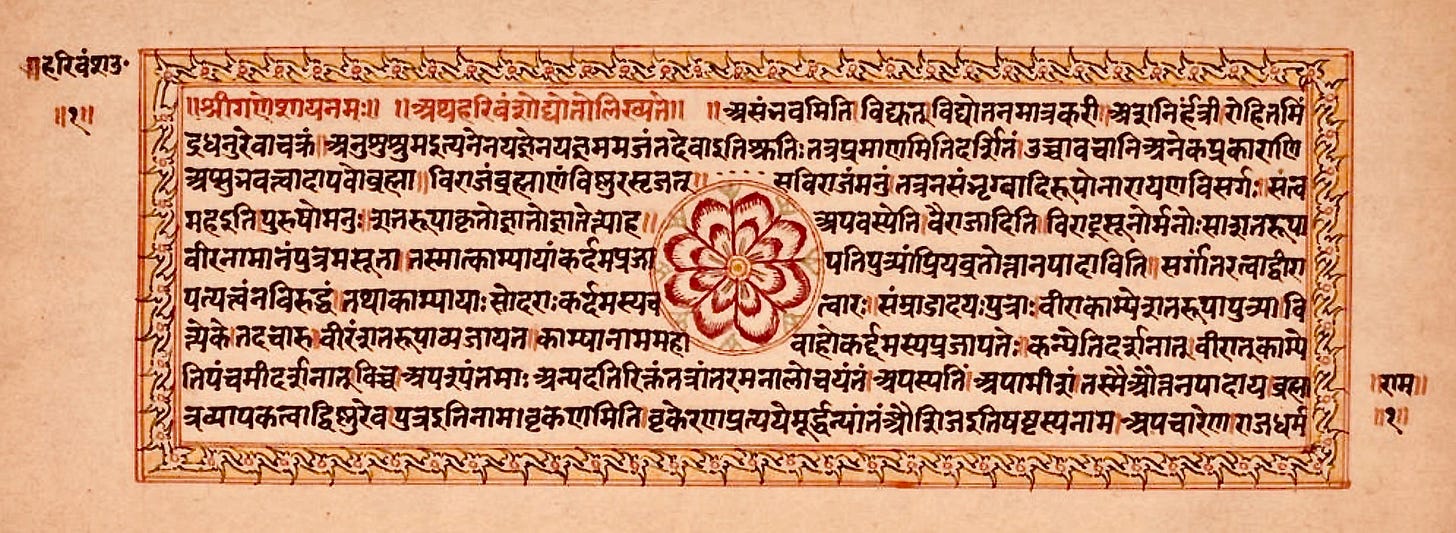The Pali word “sati,” which comes from the Sanskrit “smrti,” is the word which has come to be translated as “Mindfulness.”
I think we’re on the waning edge of the mindfulness craze and, as we look back and say our grateful goodbyes to a popular fad, I’m using this opportunity to look forward to how we can preserve the best aspects of the concept in the future.
As do all Buddhist words, the term has a long history in Vedic tradition and, in addition to whatever philosophical senses it holds, it also has mythological referents. (The name of the wife of Lord Shiva is a common Google result.) I can’t even scratch those here. Trust me, it’s deep.
Whatever the history, the Buddhist use of the term seems to be ambiguous in an important way, meaning both a mindful presence and memory. How can we be mindful of the present if we are busy remembering?
Some say “the idea is to remember to be aware.” Others that “we need to be aware of how memory shapes our present consciousness.” Another wonderful idea is that sati is “memory of the present.”
I would like to posit, from a perspective influenced by Vervaeke’s cognitive science interpretation, that memory is the ground on which our cognition founds salience. It is our past experiences that have come to shape what it is that we have learned to appropriately value.
However we parse it, we know that the word Sati is not only in Buddhist suttas, but is also a dominant part of the 8-fold path: often translated as “Right Mindfulness,” but sometimes as “Wise Mindfulness.” That is, it is considered to be one of the eight inter-dependent traits that function together to allow for relief from suffering.
I certainly love “wise” as a descriptor, and it is pursuit of Wisdom which fuels me (hence “curiosophy” and “poesophy”). The phrase I have chosen for myself, however, to translate “sati” is
Mindful Awareness
Here’s my thinking. One should be aware, no? But aware of what? Maybe you’re meditating and it makes sense to be aware of your breath or your posture or your mantra and then, as thoughts arise, ah! be aware of them, too — be aware of watching them arise, come to prominence, and decay.
Maybe. Or maybe you should be absolutely aware of the guy with the gun, as well as any useful information going on at the periphery that you might be able to exploit to gain access to a safer situation.
Or maybe you need to be aware of your habit patterns of negative thoughts and assumptions, so that you can self-parent on the fly.
I like “mindful awareness” because it reminds us that we are minded beings (and I believe the body to be one component of mind). Awareness of how this entire system works, and being able to settle into the most relaxed position with the deepest peace and mental acuity is a Virtue.
I like it because I can say it in any setting that uses “mindfulness” and it can be taken to mean more or less the same thing. And I like that it’s just different enough to perhaps welcome conversation and further enrichment of the idea.
Just enough ambiguity keeps every concept dialectic-dependent. Probably best to be mindful of that, and remember to keep it if we can.





